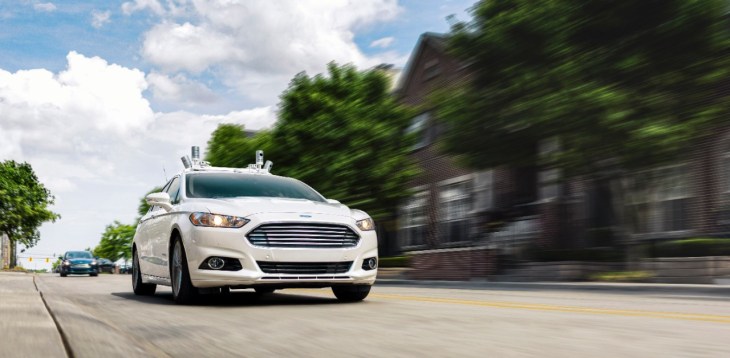The Self-Driving Coalition for Safer Streets — founded in April 2016 by Ford, Lyft, Uber, Volvo and Waymo — doubled its membership this week. But rather than adding more car manufacturers and tech stars, the coalition has added several organizations that have a real stake in the implementation of self-driving cars: Mothers Against Drunk Driving, National Federation of the Blind, United Spinal Association, the R Street Institute and Mobility 4 All.
While many people still dream of taking a nap in a fully autonomous car as it drives them home from work or wish they could summon a self-driving car after one too many at the bar, there are whole segments of the population that see autonomous vehicles as a way to remove yet another barrier to mobility. (Of course, MADD would be very happy if you did summon an autonomous Uber from the bar.)
The new members of the coalition will bring their legislative expertise to the group, which will work on regulatory issues as well as technical challenges. The National Federation of the Blind in particular noted that it’s been working on accessible user interfaces in research and experimental situations for more than a decade. Mobility 4 All works to gain access for anyone who can’t drive for any reason, especially people with disabilities and seniors. Its focus here will be ensuring that autonomous cars of the future fit with the coalition’s goal of safely and rapidly deploying fully self-driving vehicles.
So far, one man is living the self-driving-vehicle dream. Last September, Sam Schmidt, a quadriplegic and former professional race car driver, was the first person to receive an autonomous vehicle driver’s license. The state of Nevada granted the license to Schmidt, who drives a purpose-built Corvette Z06 using his voice, head movement and breath. It allows him to drive the short distance to and from the track where he tests the car with Arrow Electronics, which modified the car.
